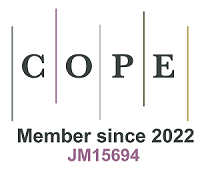fig1

Figure 1. Summary of the emerging frontier of cell-free DNA and potential clinical implications. (Top) Cell-free DNA (cfDNA) is a mixture of fragments released from various healthy and diseased cells in different tissues. The fragmentation of cfDNA is non-random, bearing information directly related to the tissue of origin. In addition, cfDNA methylation can also be used to trace each cfDNA molecule"s cellular identity, showing promise for various clinical applications. The fragmentomic and epigenetic analyses of cfDNA offer the opportunity to develop novel diagnostic tools for assessing pregnancy, oncology, organ transplantation, urinary system-related diseases, and virology. (Bottom left) Non-random fragmentation of cfDNA molecules can be reflected by fragment sizes, preferred ends, end motifs, jagged ends, nuclease activities, promoter fragmentation entropy, as well as ultrashort cfDNA. (Bottom middle) Extrachromosomal circular DNA (eccDNA) has a different size profile compared with linear DNA. In human plasma DNA, linear DNA has a pronounced peak at ~166 bp. In contrast, eccDNA has two prominent peaks, the first peak (P1) is at ~200 bp and the second peak (P2) is at ~350 bp[29]. Interestingly, the area under curve (AUC) ratio of P2 to P1 is significantly increased in Dnase1l3 knockout mouse





